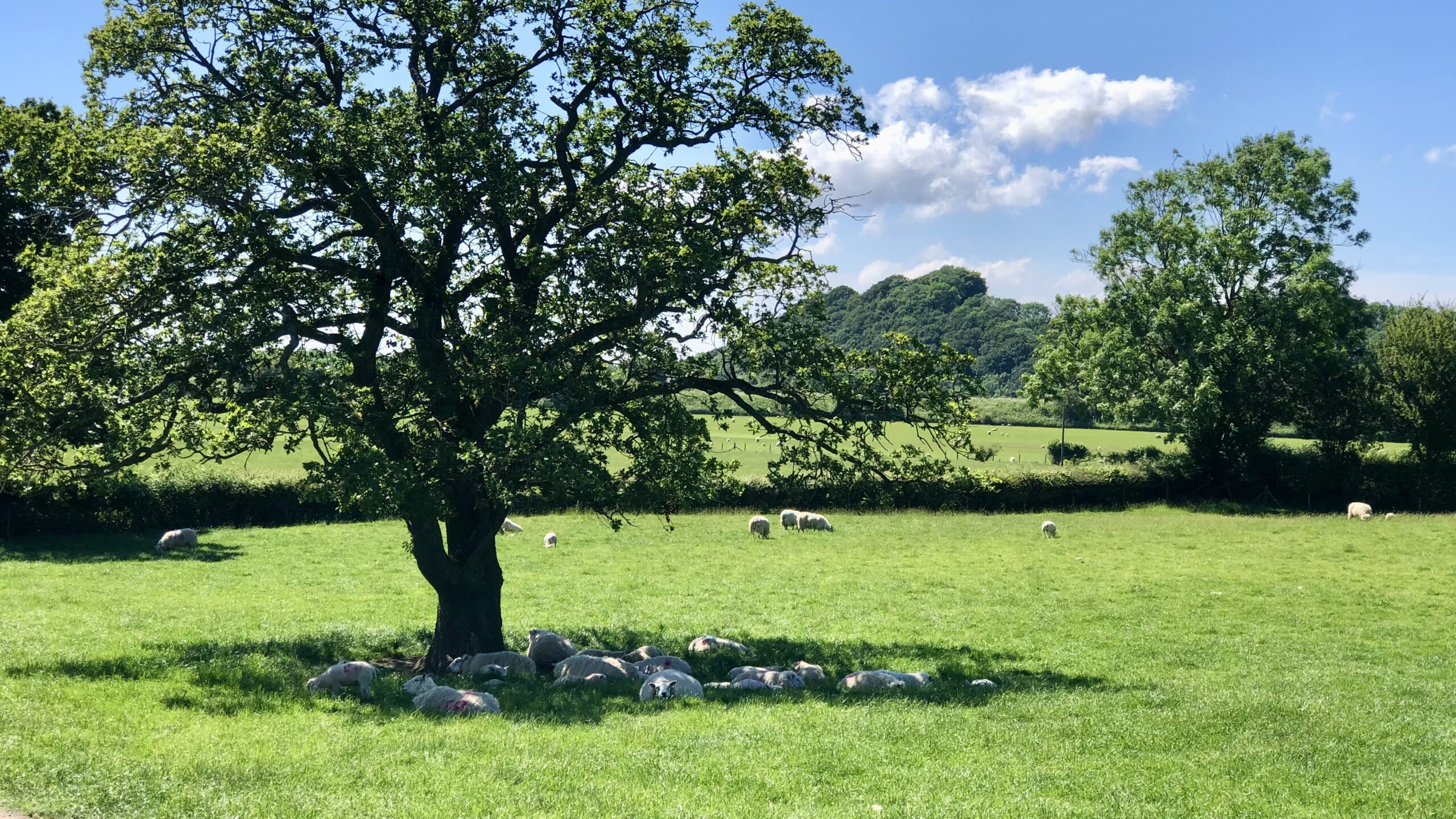“Your brains are gone woolgathering,” once described a person deemed foolish or confused, as noted in the 1852 volume, ‘A Dictionary of Archaic and Provincial Words, Obsolete Phrases, Proverbs, and Ancient Customs, from the Fourteenth Century’1Halliwell-Phillipps, James Orchard. “A Dictionary of Archaic and Provincial Words, Obsolete Phrases, Proverbs, and Ancient Customs, from the Fourteenth Century”. United Kingdom, C. & J. Adlard, Bartholomew Close, 1852. .
Woolgathering also denotes daydreaming, a state of drifting into idle thoughts and fancies.
The term itself is colourful. One theory of its origin evokes the image of elderly women, too frail for other tasks, collecting stray bits of wool left on hedges by sheep. Another likens it to the mind wandering aimlessly, much like a sheep.
Though woolgathering may appear unproductive, it can foster creativity and new perspectives. Thus, when next you find your mind wandering, do not be disheartened. You might be woolgathering your way to a brilliant idea.
- 1Halliwell-Phillipps, James Orchard. “A Dictionary of Archaic and Provincial Words, Obsolete Phrases, Proverbs, and Ancient Customs, from the Fourteenth Century”. United Kingdom, C. & J. Adlard, Bartholomew Close, 1852.

Leave a Reply to Fhithich Cancel reply